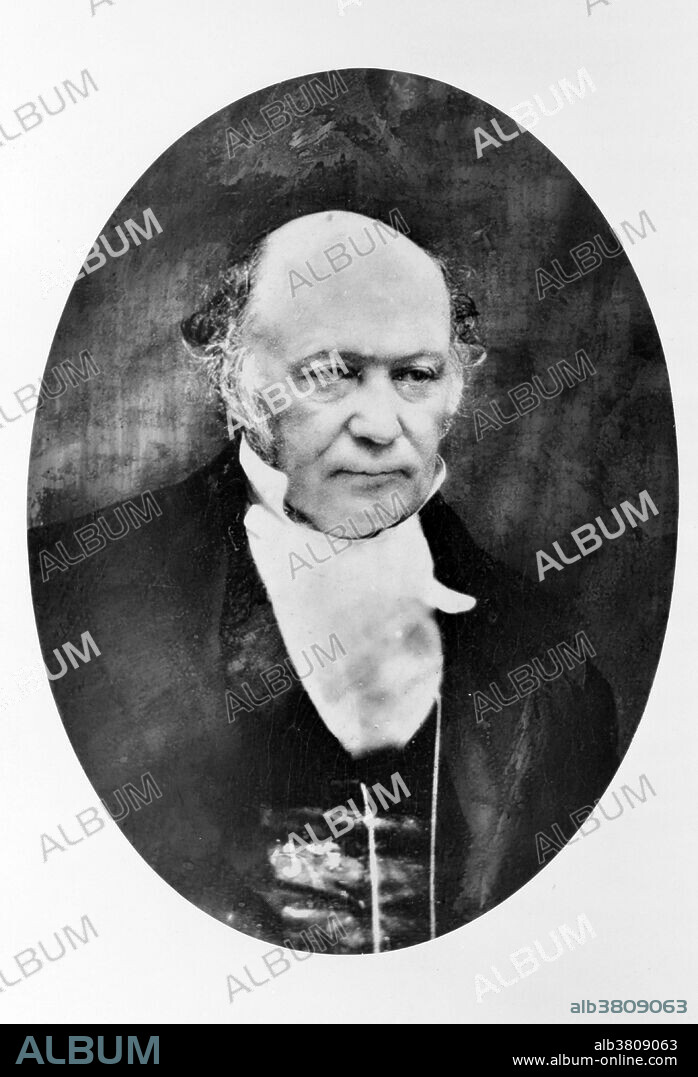alb3809063
William Rowan Hamilton, Irish Mathematician

|
Ajouter à une autre Lightbox |
|
Ajouter à une autre Lightbox |



Avez-vous déjà un compte? S'identifier
Vous n'avez pas de compte ? S'inscrire
Acheter cette image.
Sélectionnez l'usage:

Titre:
William Rowan Hamilton, Irish Mathematician
Légende:
Voir la traduction automatique
William Rowan Hamilton (August 4, 1805 - September 2, 1865) was an Irish physicist, astronomer, and mathematician, who made important contributions to classical mechanics, optics, and algebra. His studies of mechanical and optical systems led him to discover new mathematical concepts and techniques. His greatest contribution is perhaps the reformulation of Newtonian mechanics, now called Hamiltonian mechanics. This work has proven central to the modern study of classical field theories such as electromagnetism, and to the development of quantum mechanics. In mathematics, he is perhaps best known as the inventor of quaternions. Hamilton retained his faculties unimpaired to the very last, and steadily continued the task of finishing the Elements of Quaternions which had occupied the last six years of his life. He died in 1865, following a severe attack of gout precipitated by excessive drinking and overeating.
Personnalités:
Crédit:
Album / LOC/Science Source
Autorisations:
Taille de l'image:
3150 x 4621 px | 41.6 MB
Taille d'impression:
26.7 x 39.1 cm | 10.5 x 15.4 in (300 dpi)
Mots clés:
ASTRONOMIE • CÉLÈBRE • CELEBRITE • EUROPÉEN • HOMME • IRLANDAIS • IRLANDAISE • MATHEMATICIEN • MATHÉMATIQUE • PERSONNAGES • PERSONNALITÉS • PERSONNE • PORTAIT • PORTRAIT • POTRAIT • SCIENCE: ASTRONOMIE • WILLIAM HAMILTON
 Pinterest
Pinterest Twitter
Twitter Facebook
Facebook Copier le lien
Copier le lien Email
Email
